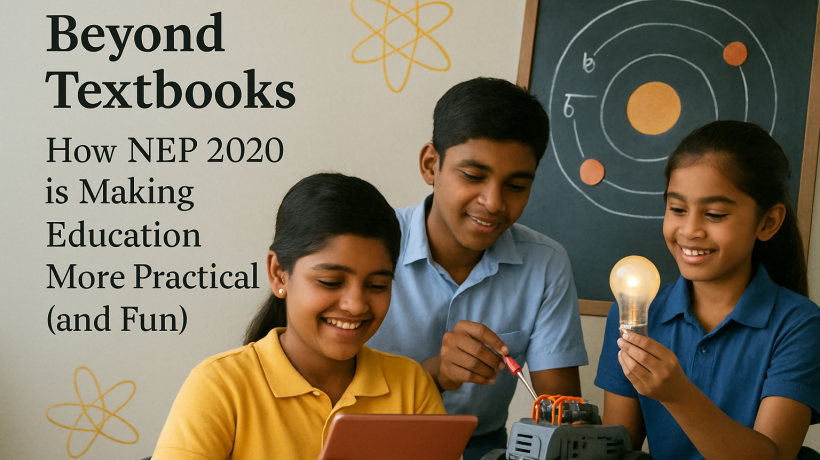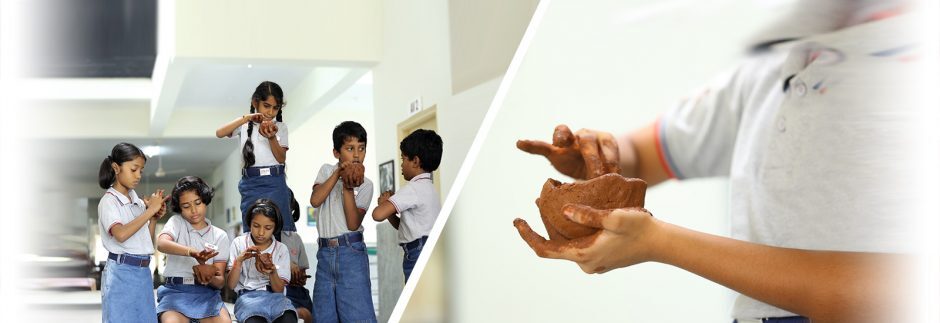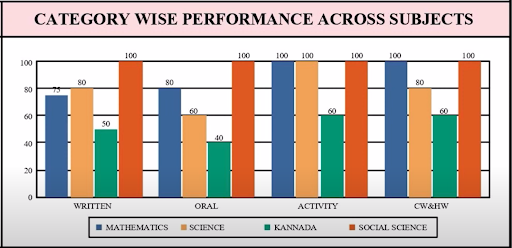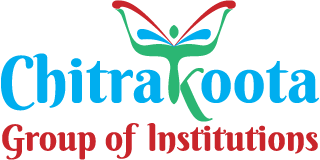
What if classrooms became playgrounds of creativity instead of pressure cookers of memorization? The National Education Policy 2020, introduced by the Government of India, aims to change this “what if” into reality by emphasizing conceptual learning, creativity, and real-world application. The policy seeks to make learning an exciting adventure, a journey of discovery that prepares children not just for exams but for life itself. It is changing education from a strict, content-heavy system to a more dynamic, student-centered approach that encourages critical thinking and practical skills important for the 21st century.
So, how is the National Education Policy 2020 moving education beyond the textbook? Let’s dive into it!
The NEP 2020 introduces a deep change by breaking free from ‘what to learn’ to realizing ‘how to learn’ and, importantly, ‘why it matters’. Here’s a closer look at how it lays the foundation with practical learning:
One of the greatest changes brought about by NEP 2020 is the introduction of ‘Experimental Learning’. It is not a new phenomenon, but its broad-scale introduction is revolutionary. Experiential learning encourages students to learn through experiences, exploration, and problem-solving. This move shifts attention from memorization to meaningful learning. Unlike the traditional education system, where students passively receive information, experiential learning emphasizes learning by doing.
Rather than remembering facts and formulas, students today are prompted to comprehend them and use them in day-to-day life. Just imagine a child learning about photosynthesis not by memorizing diagrams, but by planting seeds, observing their growth, and journaling the process. This is what NEP aims to foster: learning that is rooted in real-world experience.

NEP 2020 is aimed at equipping students with future competence that goes beyond mere academic skill, with the inclusion of vocational training from class 6 itself. Students have the opportunity to acquire practical skills like carpentry, gardening, pottery, coding, basic electrical work, and more, where they get to practice rather than just read about. Schools are also encouraged to schedule bagless periods where students participate in local internships to gain hands-on experience. This practical strategy aims to ensure that every child is job-ready, whether they choose further education or not.
According to NEP 2020, students can now move beyond strict divides between arts, science, and commerce, as well as between curricular, co-curricular, and extracurricular activities. It boldly breaks down the rigid stream barriers of science, commerce, and the arts. Students combine subjects based on their interests and aptitudes, such as physics with music, maths with painting, or economics alongside drama. It empowers students with choice and flexibility so that they can tailor their educational journey to their unique aspirations. This multidisciplinary approach facilitates the holistic development of students, fostering not only cognitive abilities but also social, emotional, and moral abilities, resulting in all-around individuals.
Beyond practicality, NEP 2020 also emphasizes making learning an enjoyable experience:

Enjoyment takes center stage as the National Education Policy of India places arts, sports, and life skills on par with academics. Education is not confined to exams and grades anymore. As per NEP 2020 guidelines, schools are required to give significant importance to the integration of arts, music, yoga, dance, drama, and sports to ensure all-around development of the students. Unlike traditional education, where these interesting activities for students were considered add-ons or after-school clubs, with the introduction of NEP, these can now be found integrated into school timetables. When a school play holds the same significance as a math test, students experience more joy and confidence in their learning journey.
Additionally, life skills such as empathy, communication, teamwork, and emotional intelligence are taught through specific modules. Students learn not only how to excel academically but also how to thrive socially and emotionally.
According to NEP 2020, students can learn in their mother tongue or local language till grade 5, which makes education more accessible and culturally relevant. This new education policy leverages a child’s natural language acquisition abilities, which makes the initial learning phase more natural, relatable, and joyful for young students. At the same time, students begin learning other Indian and foreign languages to enhance cognitive development.
The National Education Policy of India shifts focus from testing memorization skills to assessing students’ understanding of concepts and their ability to apply knowledge. The new model promotes ongoing assessment through regular feedback, peer evaluations, self-assessments, and teacher observations, which helps in the determination of the gaps in learning and fostering improvement during the academic year.
Traditional mark-based report cards are being replaced with progress records that provide a well-rounded view of student development by assessing not only academic performance but also skills, extracurricular achievements, and peer and self-evaluations. This shift helps reduce stress, build confidence, and encourages students to focus on understanding rather than merely striving for high marks. Ultimately, the children get to enjoy the learning process rather than fear it.

Learning becomes interactive and fun with technology. That is why India’s National Education Policy encourages the use of online learning platforms such as DIKSHA and SWAYAM, which allow students to access high-quality digital educational content in various languages. Gamified learning apps, animated classes, and augmented reality tools are revolutionizing classrooms by making textbooks an interactive experience.
Imagine a geography class where students explore volcanoes through a virtual simulation or a history lesson that allows them to virtually visit the Indus Valley Civilization. This tech-driven education style makes the learning journey more enjoyable and effective.
Chitrakoota Group of Institutions exemplifies the essence of NEP 2020 in practice, championing a hands-on, analytical, and activity-based approach to education. Chitrakoota’s core philosophy, “No exam fears, no rote learning,” echoes the NEP’s push for a transition from high-stakes testing toward competency-based learning. From pre-primary education grounded in Montessori principles to CBSE-affiliated higher grades, the school actively fosters creativity and confidence through art, music, dance, drama, theatre, poetry, quizzes, debates, and sports, allowing students to pursue their passions while developing essential life skills.
This is further supported by the revised progress report card, which provides a comprehensive overview of a child’s progress with a focus on holistic development rather than just academic scores. This integrated, child-centric, and skill-focused education demonstrates Chitrakoota’s strong commitment to the NEP 2020 vision, which truly makes the learning journey practical and fun.
The new education policy, or NEP 2020, is more than a policy; it marks a significant shift in the Indian education system. It creates an environment that prioritizes hands-on experience, nurtures personality and skills, and encourages students to explore their interests. This makes education more practical and enjoyable than ever before. The central idea is to create an education system that is holistic, skill-oriented, rooted in curiosity, and not limited to textbooks and rote memorization.
As parents, teachers, and citizens, we all have a role to play in embracing and supporting this change brought by the National Education Policy of India. Because when education moves “Beyond Textbooks,” learning becomes fun and meaningful, and every child gets the chance to shine.
The National Education Policy 2020 aims to transform the education system by shifting focus from rote learning to conceptual understanding, creativity, and real-world application. It promotes experiential learning, vocational training, and multidisciplinary studies to equip students with the essential skills to thrive in the 21st century.
The new education policy promotes vocational training from grade 6 onwards, which is supported by bagless periods or short-term internships to provide students with hands-on experience. It also announces a multidisciplinary approach to allow students to choose the subjects based on their unique aspirations.
Chitrakoota follows a future-ready, skill-based education curriculum that perfectly aligns with the National Education Policy 2020. It focuses on academic learning with engaging hands-on activities and integrates aesthetics like arts, music, dance, drama, quizzes, debates, sports, and more. The school also has Montessori-based learning in early education and adopts a 360-degree progress report card to track holistic student development.
